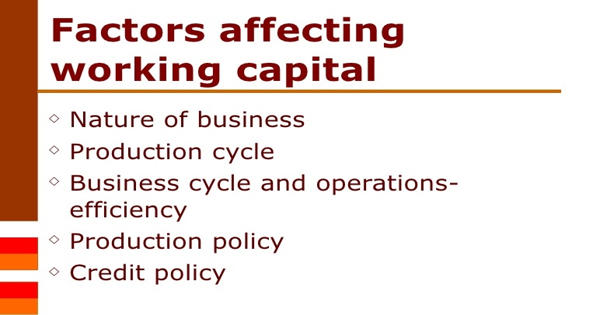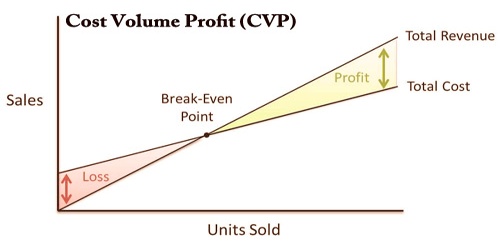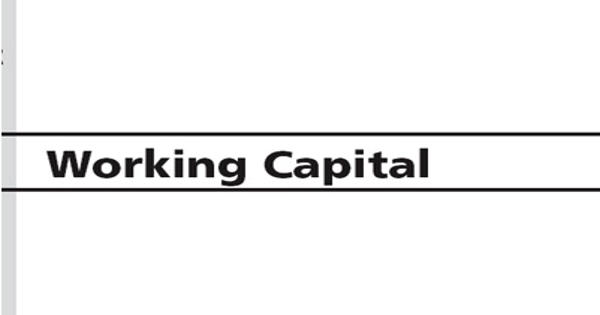Audit note book contains information regarding day-to-day work performed by the audit staff on any particular date. It is a term used by authors of the old literature of auditing. It is of great help to an auditor at the time of preparing the report to be submitted to the shareholders.
Objectives of Audit Note Book –
The audit note book is prepared with the following objectives:
(i) It helps the auditor in his subsequent audits. It usually forms a part of the permanent audit file. It is helpful to prepare an audit report.
(ii) To know about the nature of business i.e regarding the provision of the memorandum, articles of association, etc.
(iii) Not to leave any errors and frauds which helps to make audit more effective and efficient. The auditor can record the weakness of accounting records.
(iv) It is useful for drawing the audit programs. It facilitates the preparation of the audit report.
(v) To make the future audit work easier. An auditor can get information regarding the nature of business from the previous audit note book. So, the audit staff must be honest in his work.
(vi) It can help in making an assessment of the work of audit clerks. It provides a key to evaluate the efficiency of the audit staff.
(vii) To check the list of debtors and creditors so that a false list can be detected. It is helpful to the auditor in case a suit is filed against him for negligence or misfeasance.
(viii) To know about the facts where clarification and explanation are essential. The information recorded on the audit note book shows the extent of the interest and the pain taken by the audit staff.
(ix) It serves as a guide to the next auditor. It is useful for reference. To present as proof by the auditor to get clearance over the cases if an auditor has been accused of misfeasance and negligence. In the future, it can provide information to the audit staff.
(x) Important matters relating to the audit work may be easily remembered. To assure the audit of major functions or items of the business where there are chances of fraud and errors.
















